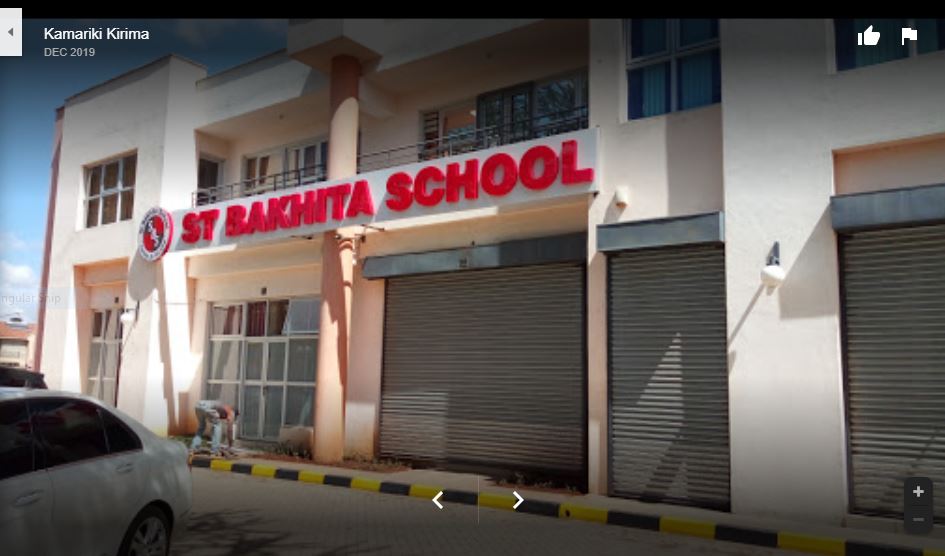Fanisi Capital, a Kenyan Private Equity Fund, has completed a transaction to invest in St Bakhita Schools for a minority stake, the latest indication of high growth potential in education sector.
Fanisi Capital’s Managing Partner Ayisi Makatiani said the schools fit within the firm’s investment strategy which “aims to invest in ambitious entrepreneurs providing high-quality education.”
Ambitious expansion plan
With over 1,300 students across three campuses, Fanisi Capital is understood to have injected Ksh250 million ($2.5 million) in St. Bakhita Schools, as it plans to open two more schools over the next five years.
“Education is a core sector for Fanisi because it’s the bedrock of growth of any economy,” Ayisi said. “Together with Felista Mutinda, the school’s founder, we are looking at building a network of schools across the region and we are excited about this prospect.”
Fanisi Capital’s investment in St. Bakhita School is its third investment within the education sector, which has shown strong private investor interest, including foreigners. Last year, it exited Hillcrest International Schools to GEMS Education, a school into which it had invested in 2011 (through its predecessor Fund, Fanisi Fund I). It also invested in Kitengela International Schools in 2018.
In 2017, Johannesburg Stock Exchange (JSE)-listed Advtech bought 71% stake in Makini Schools and added more shares this year, giving it full control over the school.
St Bakhita board chairman Polycarp Koome said the investment will give the school a sound financial footing for future growth to address the demand for quality education in Kenya.
“Fanisi Capital and its partners are seasoned private equity fund managers with expertise in the education sector,” Mr Koome said. “We believe that their technical, operational and financial expertise will propel SBS to greater heights by offering the best quality and affordable education.”
St Bakhita School in 2003. Today, the school has three campuses in South B, Sabaki and Eagle Plains residential estates. Based on its student population of 1,300 and school fees of an average of Ksh70,000, the school rakes in about Ksh280 million per year.
SEE >> Kenya’s Uneducated Millions and What the Future Holds For Them
The School has been on the forefront in the transition to the new Competency-Based Curriculum (CBC) and embraced e-learning and teaching for its young learners. While the schools are currently closed due to the COVID-19 pandemic, they have been successful in implementing remote learning.
Ms Mutinda, who will pocket the money, said that education is a key ingredient in building the country’s economic growth and the school is making tremendous strides towards achieving its vision of providing quality and affordable education from an early age.
Investing in education
“St. Bakhita Schools aim to create a solid foundation that will impact the society for a long time through quality education and this investment by Fanisi Capital gives us a strong financial footing to enable the school drive this agenda”, Ms Mutinda explained.
Ms Mutinda urged the private sector to emulate Fanisi Capital’s example and invest more in the education sector, terming it an investment that will provide the country with quality leadership that will steer the country to future economic prosperity.
The investment in St. Bakhita School is Fanisi’s third investment within the education sector. Last year, it exited Hillcrest International Schools to GEMS Education, a school into which it had invested in 2011 (through its predecessor Fund, Fanisi Fund I). It also invested in Kitengela International Schools in 2018.












Leave a comment